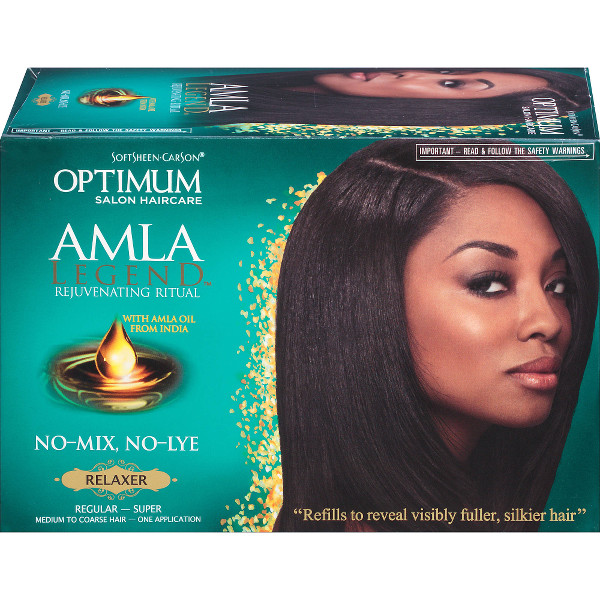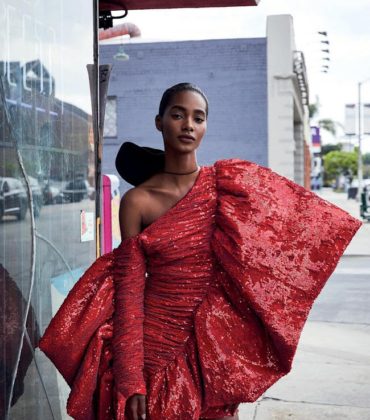
Two black women filed a class-action suit against L’Oréal on September 14, accusing the brand’s Softsheen Carson Optimum Amla Legend Relaxer Kit of causing them to experiencing hair loss, and feelings of burning on their scalps.
“When Dorothy Riles [one of the plaintiffs] used the product as intended… it left her with bald spots, as well as burns and then scabs on her scalp,” notes the suit, filed in U.S. District Court by the Los Angeles firm Geragos & Geragos. Riles was then “forced to wear a wig for the first time in her life to cover her injuries,” the suit continues. “To date, she continues to struggle with thin, unhealthy, and damaged hair as a result of her use of the product.”
Sharon Manier, the other plaintiffs claims that also experienced hair loss and scalp irritation. Like Riles, Manier was also forced to wear hairpieces on a regular basis to coverage up the damage done to her hair and scalp.
The suit, which could be worth as much as $100 million, considering past cases, alleges fraud, negligence, and blatant misrepresentation on the part of L’Oréal. Ads for the no-mix relaxer touted it as being “no-lye” and highlighted “Amla oil from India” as an important all-natural ingredient.
Since news of the suit went publics scores of black women have also shared their negative experiences with the L’Oréal Softsheen Amla relaxer.
Attorney Ben Meiselas of Geragos & Geragos tells Yahoo! News that his office received “hundreds” of calls from customers who had a similar experience to Manier and Riles.
Comments going back to 2013 on the Amazon page for the Softsheen Carson Optimum Amla Legend Relaxer Kit, also reveal similar struggles.




A spokesperson to for L’Oréal told Buzzfeed: “We do not believe the allegations in this lawsuit have merit. For more than 100 years, L’Oréal has been committed to the safety of its consumers.”
The suit brought against L’Oréal isn’t the first time that women have questioned the safety of a hair relaxer kit, and experienced extremely negative side effects after using one.
Back in 1995, the FDA shut down the World Rio Corporation, Inc. after complaints about the company’s Rio Hair Naturalizer System came flooding in. Much like this current case, customers claimed to have experienced hair loss and irritation to their scalps.
The fight against toxic chemicals in beauty products and the debate surround such products remains an ongoing on.
In 2012, an alarming study that linked the use of relaxers to high instances of uterine fibroids in black women went viral. The article spurred many African-American women to consider what chemicals that they might be exposing themselves to when processing their hair.
Women like Teni Adewumi, a graduate student and the environmental-justice program coordinator at the California nonprofit Black Women for Wellness, hope to educate and advocate both salon workers and beauty customers alike through outreach programs.
A new consciousness about the health of our hair and our bodies has played a major part in the natural hair movement. At the heart of the suit against L’Oréal is the unfortunate reality that companies often try to manipulate this consciousness by marketing products that could potentially be harmful and touting their “all-natural” ingredients.
You can check out these best hair growth products for African-Americans.
“What was really striking about this case is that L’Oréal is trying to co-opt the mysticism of the gooseberry [Amla] oil, which many beauty bloggers say is great,” said Meiselas. “They use it to hook and lure unsuspecting consumers, when it contains only trace amounts and is listed as the last ingredient.” He also adds that the Amal oil is mixed in “a dangerous cocktail of ingredients.” Such ingredients include hexylene glycol and butylene glycol, which are known to cause skin and lung irritation, in addition to the main relaxing agent sodium hydroxide — also known as lye.




